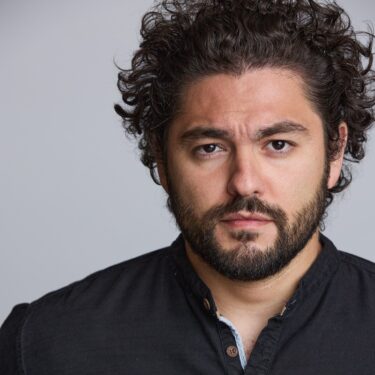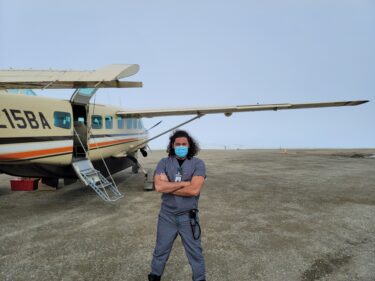December 28, 2023
Rural Clinical Experience: Impact on ARNP Practice Post-graduation
 UW Premera RNHI Stipend Recipient Spotlight:
UW Premera RNHI Stipend Recipient Spotlight:
Nawaf Alfaouri, DNP, ARNP, FNP-BC graduate from Seattle University (Autumn 2021 cohort).
Why did you seek this rural clinical experience and how has it impacted your ARNP practice?
“I completed a rural health rotation for my Doctor of Nursing Practice program in Family and Emergency Medicine at Forks Community Hospital as a recipient of University of Washington’s Rural Nursing Health Initiative (RNHI) funded by the Premera Blue Cross Social Impact Program.
I chose to apply to UW’s RNHI program because I wanted to gain the necessary tools to deliver the best care to my patients facing unique circumstances in rural settings. I believe good medicine centers evidence-based practice beyond the context of a patient’s care continuum. To feel seen and heard culturally, emotionally, geographically, and individually is imperative to delivering the best care possible. Good medicine is a healthcare provider’s obligation to build a safe space where one can entrust their mental, physical, and spiritual health.
Having a background in refugee health, emergency medicine, and primary care, I knew that the robust experiences gained through the

Nawaf Alfaouri pictured in Arctic circle where he felt confident to practice after doing his RNHI rotation
RNHI program were parallel to my values. My experiences in community primary care clinics, the emergency rooms of rural areas, active war zones, and my prior service in the field as a wilderness search and rescue first responder continued to compound my immense interest and passion in becoming a Doctor of Nursing Practice in an underserved setting. As a former public/private sector high level diplomat tasked with developing and investing in refugee health infrastructures, the enriching experiences gained with the RNHI enabled me to find a home at HealthPoint Community Health Clinic, where I currently see a full patient panel comprised of refugees of war, undocumented immigrants, Medicaid and Medicare insured, and uninsured populations. My RNHI rotation prepared me to bridge the gap between primary and acute care needs in geographically rural and resource scarce communities.”